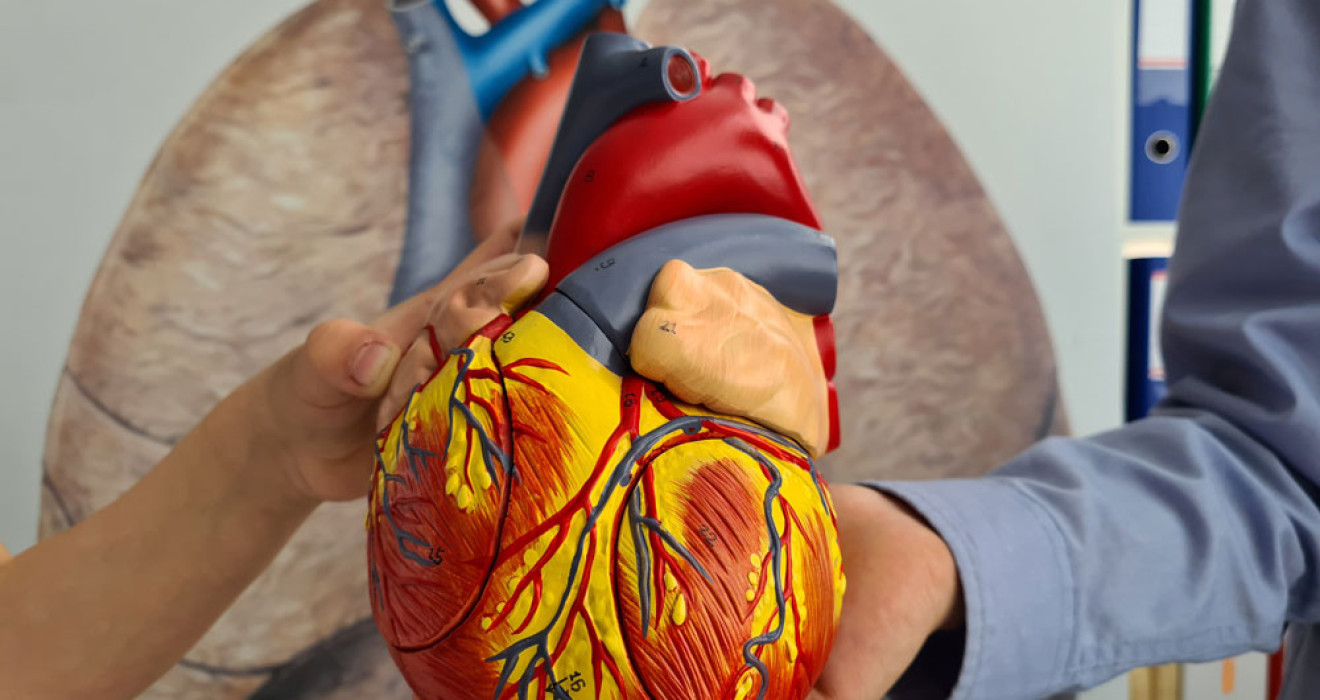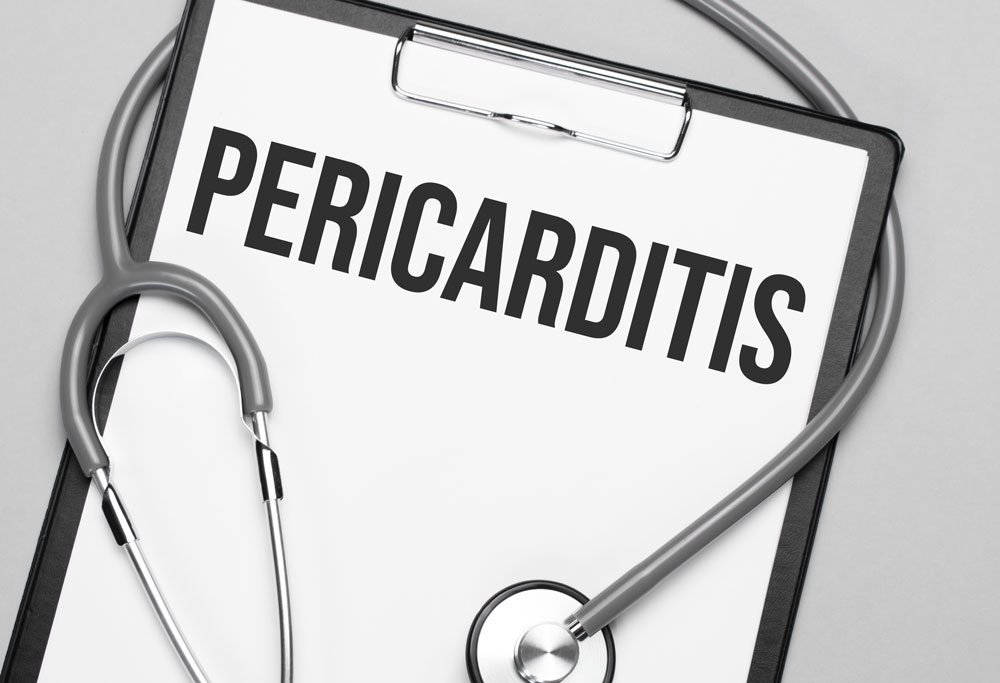
Pericarditis
Pericarditis is a condition characterized by inflammation of the pericardium, the outer lining of the heart. It can occur due to various reasons, with the most common ones being viral infections, bacterial infections, autoimmune diseases, and chest traumas.
What is Pericarditis (Pericardial Disease)?
The pericardium is composed of two thin layers called the pericardial sac, which is filled with fluid surrounding the heart. This fluid enables the proper functioning of the heart and acts as a protective cushion during beats. Pericarditis refers to the inflammation of the pericardium, the membrane that surrounds the heart.
How is It Diagnosed?
Common symptoms include chest pain, shortness of breath, and fever. As these symptoms can be associated with heart problems. Your doctor may need to perform a series of tests to make an accurate diagnosis and plan the appropriate treatment.
The diagnosis of pericarditis is made through a combination of physical examination, the patient's symptoms, and various tests. These tests may include:
- Electrocardiogram (ECG)
- Echocardiography
- Blood tests
What are the Symptoms of Pericarditis (Pericardial Disease)?
The symptoms include:
- Chest pain
- Shortness of breath
- Cough
- Fatigue
- Fever
- Changes in heart rhythm
What Causes Pericarditis (Pericardial Disease)?
The causes of pericardial disease include:
- Viral infections
- Bacterial infections
- Rheumatic diseases
- Cancer
- Trauma (injuries or trauma to the pericardium)
How is Pericarditis Diagnosed?
The diagnosis of pericarditis is based on symptoms, medical history, and physical examination. A person with symptoms of pericardial disease will undergo a physical examination. During the examination, the doctor listens for heart symptoms such as palpitations, changes in heartbeats, and changes in heart sounds.
Tests such as blood tests, electrocardiogram (ECG), chest X-ray, echocardiography (ECHO), computed tomography (CT), or magnetic resonance imaging (MRI) can also aid in the diagnosis.
What are the Treatment Methods for Pericarditis?
Pericardial disease treatment depends on the severity of symptoms and their underlying cause. Many individuals with mild symptoms can recover with treatments aimed at alleviating symptoms, such as bed rest and pain relievers. However, if pericarditis causes severe symptoms, the doctor will develop an appropriate treatment plan. In rare cases, surgical intervention may be necessary.
Many cases of pericarditis resolve within a few weeks with proper treatment and monitoring. In some instances, the disease may recur. Regardless of the cause of pericarditis, doctors continue the treatment until the patient's symptoms completely disappear.
Frequently Asked Questions
-
Pericarditis can occur in people of all ages. However, certain risk factors can increase the likelihood of developing the condition. It is commonly associated with factors such as viral infections (e.g., the flu), bacterial infections, autoimmune diseases, cancer, trauma, radiation, or reactions to medications.
-
The pain can last from 2 to 6 weeks. However, the duration can vary depending on the response to treatment and individual factors.
-
Yes, pericardial disease can show certain signs on an electrocardiogram (EKG). Your doctor will consider other clinical findings, symptoms, and sometimes additional tests for diagnosis.
-
Early diagnosis and treatment are important in preventing serious complications. One of the complications that can arise from pericarditis is the accumulation of fluid in the pericardial sac, known as pericardial effusion. In this condition, the accumulated fluid can compress the heart muscle and affect heart function. In rare cases, thickening and hardening of the pericardium (constrictive pericarditis) can develop, which hinders the heart's normal expansion and contraction. It can be serious but the risks can be reduced with early diagnosis and treatment.
-
The accumulation of fluid in the pericardium (pericardial effusion) can have various causes. Pericardial effusion can compress the heart muscle and thus affect heart function. Symptoms may include chest pain, shortness of breath, cough, fatigue, and swelling in the ankles. Cases of pericardial effusion with fluid accumulation can be treated by addressing the underlying cause or through methods such as fluid drainage. Factors that can cause fluid build-up in the pericardium include:
- Viral or bacterial infections
- Autoimmune diseases
- Cancer
- Heart failure
- Trauma or surgery
- Radiation therapy
- Medication reactions
- Kidney failure
-
Remember that these answers are for general informational purposes and do not provide specific medical advice related to your personal health condition.


